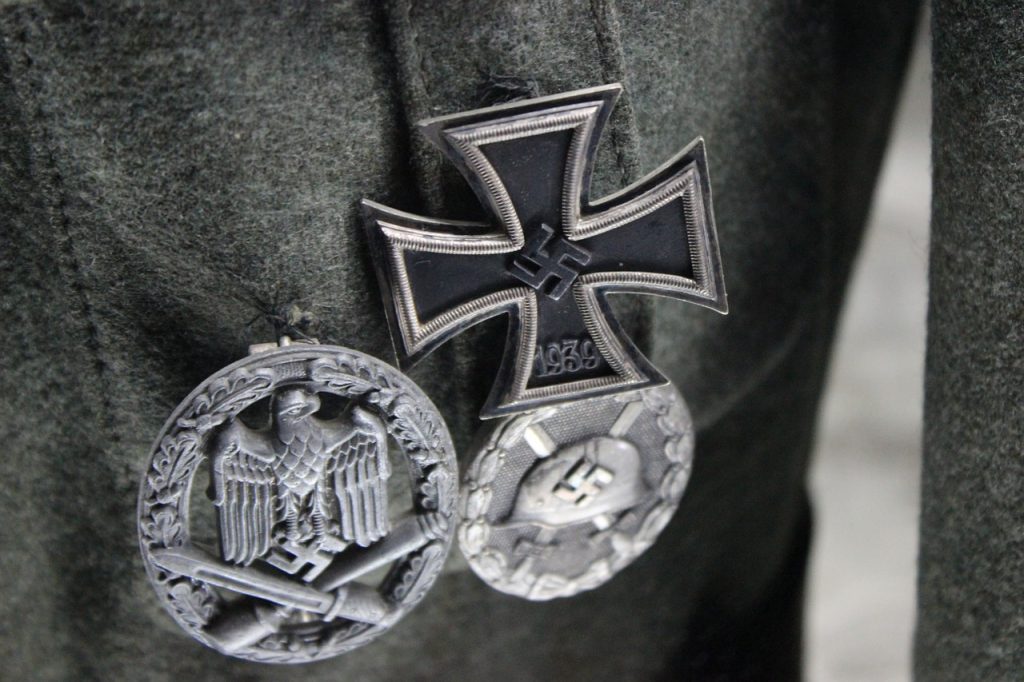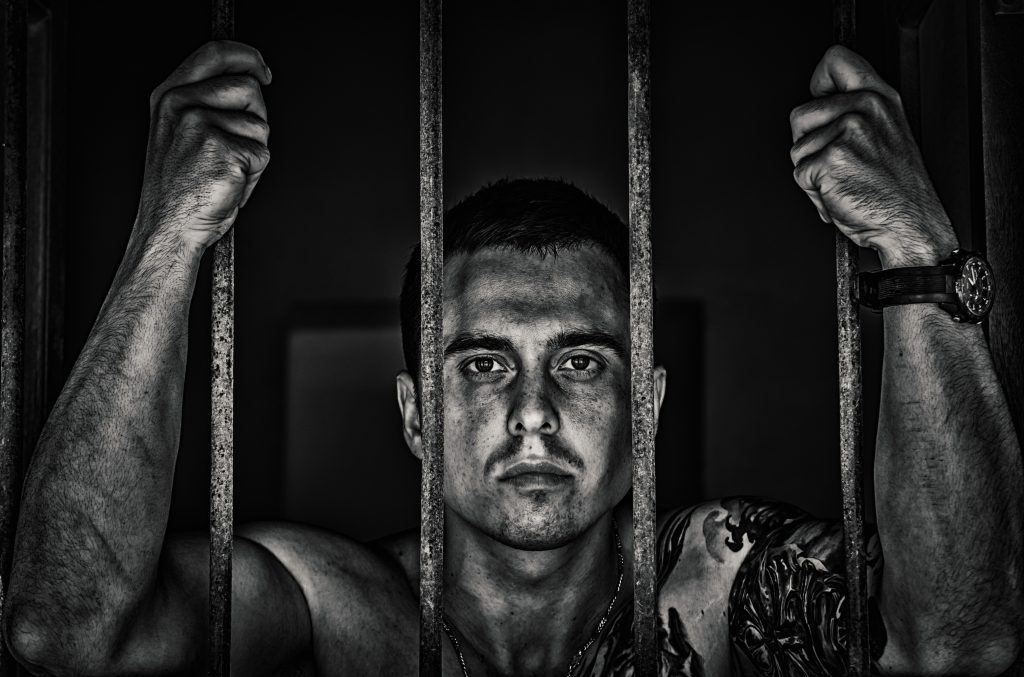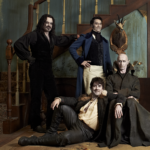
Image by Александр Жданенко from Pixabay
American History X - Tony Kaye
Throughout this film David McKenna and Tony Kaye remind us of how easy it is for someone to slip from the middle ground to the far right. Derek, Edward Norton, (Birdman or The Unexpected Virtue of Ignorance & Primal Fear), is an entirely normal kid, normal house, normal family.
A confluence of normal events take him down a path of hatred until he is the face of a powerful neo-nazi movement. We meet Derek at this point in his life and his actions are leading his younger brother, Danny, down a similar path. Danny, Edward Furlong (Terminator 2:Judgment Day & A Home of Our Own), is at a crossroads. He stands in Derek’s shadow, about to step into the light and take up the flame of hatred.
Derek is released from jail a changed man and has little time to try and change Danny’s path. But Danny is no blind follower. He is an intelligent young man and even though he is indoctrinated into the neo-nazi movement he is willing to listen to Derek’s argument.
Will Derek be able to save Danny from repeating his mistakes?
Nuanced Racism
Kaye treats his characters with respect. We get to see the three-dimensional character that Derek is and not just a two-dimensional neo-nazi. This makes his attempt at redemption so much more powerful. It also makes it believable.
This film could not have been made if Derek was not 100% believable. We need to believe that we could have ended up where he does, if we had been faced with the same circumstances. It is through this brilliant storytelling that we are able to go on the journey with Derek and care about its outcome.
Derek is forced to confront his beliefs as they are turned on their head in jail.

Photo by kyryll ushakov on Unsplash
Audience Manipulation at its Best
Kaye uses flashbacks so well in this film. It allows him to start the story where he needs it to and then inform us about the characters’ beliefs and backgrounds as required.
But it doesn’t feel like we are being jerked around. The flashbacks fit into the story naturally. When either the past or present is at its worst, and we are about to abandon Derek as a lost cause, we flick to another time. This other time shows us one of two things. First, it shows us Derek in a similar situation taking the other choice, the better choice. Second, it shows us why Derek is doing the thing that he is doing.
Using this way of revealing Derek’s motives isn’t unique but it is powerful and well handled.
"I didn't get no answers 'cause I was asking the wrong questions."
– Dr. Sweeny. The mentors in this film are so important. They represent the forces of good and evil. Dr. Sweeny, Avery Brooks (Star Trek: Deep Space Nine & 15 Minutes) and Cameron Alexander, Stacy Keach (Hemingway & Prison Break) stand on opposite sides of a moral divide.
They play mentor roles for both Derek and Danny. Their influence is undeniable in both cases. The use of the mentors to purport the opposing views and for their proxies, Derek and Danny, to play them out – choosing a winner – is so interesting to see.
Ultimately Sweeny wins and we see this in one of the best scenes in the film. The arguments have been made for both sides and the consequences have been seen. Derek and Danny return to the room they share and silently take all the neo-nazi paraphernalia off the wall. It is a super powerful example of show don’t tell.
"Hate is baggage. Life's too short to be pissed off all the time."
– Danny. This film is very important. I think that it shows us a dark side of ourselves. A dark side of our societies that we often hear about but we don’t see or get to engage with.

Photo by Randy Colas on Unsplash
We get to see it as real and believable, away from the headlines and the polarisation. But while this was superb storytelling I really didn’t like it. Personally, I couldn’t stand a lot of the racism and hatred. This was a turn off for me and I found it hard to get past it. There are also some very confronting scenes that, once again, were well placed and well used for the story but I found them too full on.





